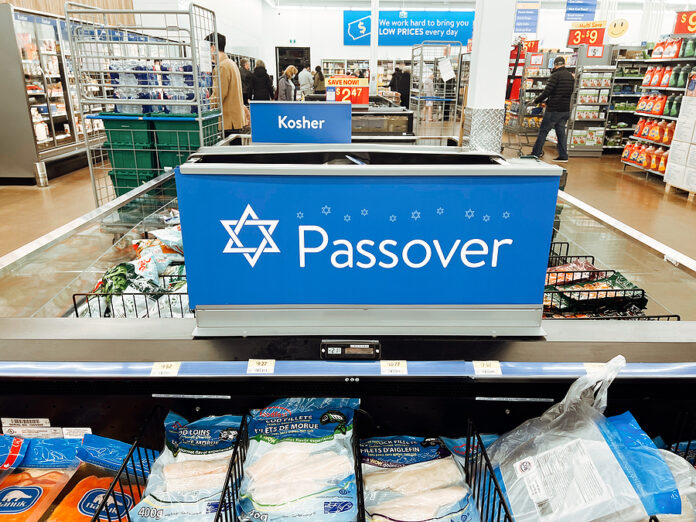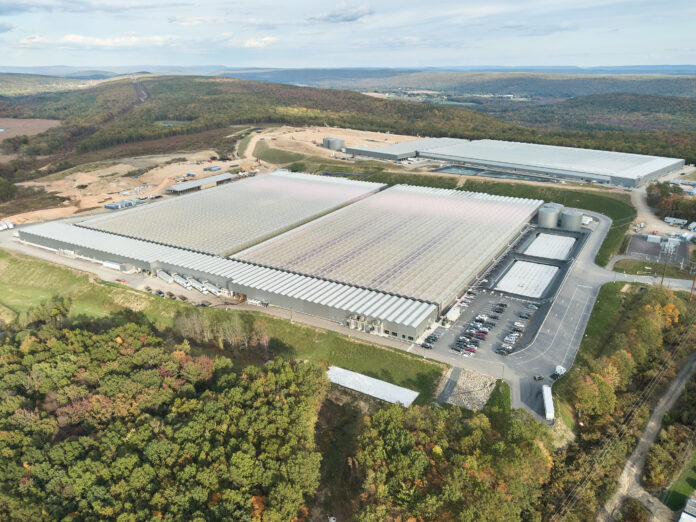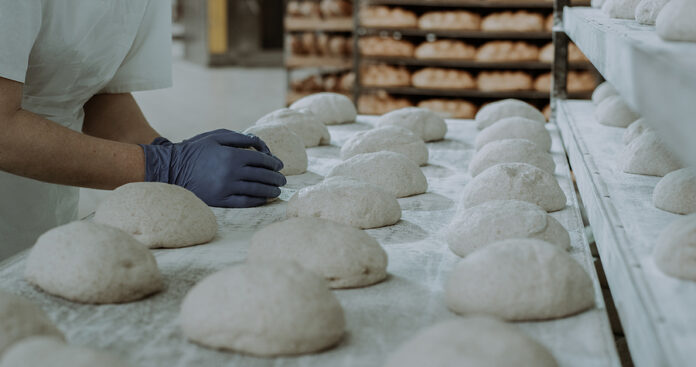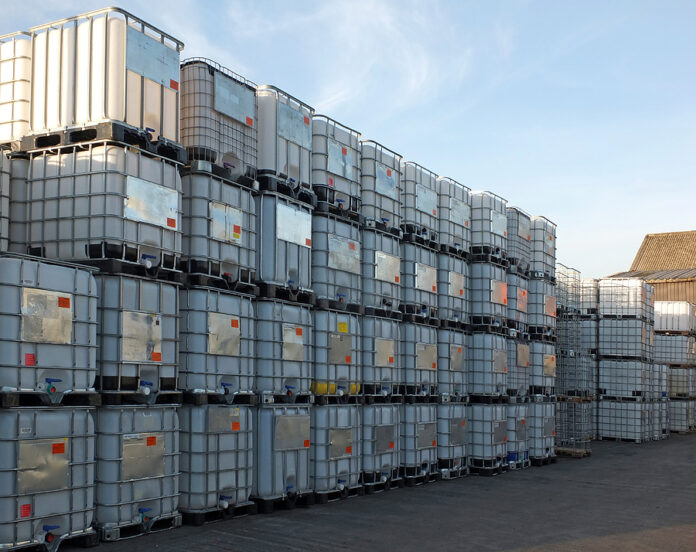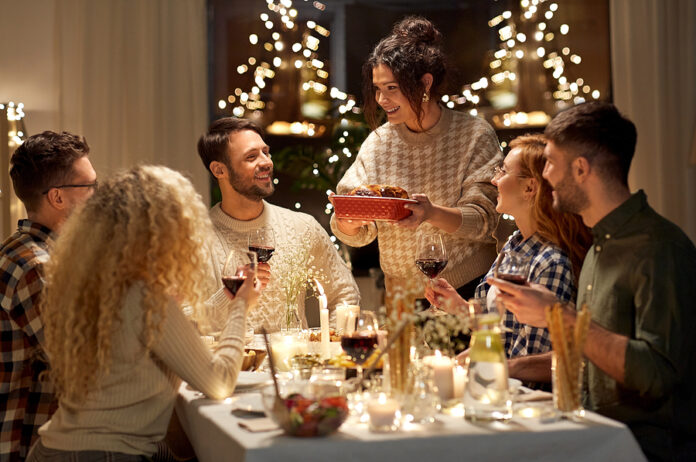
Key Takeaways:
- Overall holiday spending is expected to increase by 8%, and consumers are prioritizing gatherings, food gifts, and budget-friendly entertainment over traditional gift-giving.
- With 63% planning to purchase food and beverage gifts — a significant increase from last year — and 70% willing to spend more on convenient hosting options, food remains a crucial element of holiday celebrations from Halloween through New Year’s.
- Consumers are adopting saving strategies like brand-switching and taking advantage of promotional events, while maintaining their commitment to creating meaningful holiday experiences with loved ones.
From Halloween candy hoarding to hosting family gatherings, food is shaping up to be the centerpiece of Americans’ holiday celebrations this year, especially as consumers carefully navigate their spending and prioritize experiences.
Most consumers are planning to celebrate the upcoming holidays — including Halloween (65%), Thanksgiving (89%), Christmas (91%), and New Year’s (69%) — while focusing more on family, friends, and food.
For Halloween, it’s all about the candy
Candy continues to be at the top of Halloween shopping lists, with an expected total spending of $3.5 billion this year. Nearly 70% of adults plan to purchase candy this year, while 67% will buy extra candy, intending to secretly keep some for themselves.
Though shoppers show interest in better-for-you candy options — with SkinnyDipped and barkTHINS among the favorites — price is a barrier. Less than half of consumers (47%) are willing to spend between $5 and $10 on a candy product, while 30% would prefer to spend less than $5. But coupons would encourage 65% of consumers to purchase a particular candy.
Brand loyalty also plays a role in purchasing decisions. More than nine in 10 consumers (92%) are loyal to their favorite candy brands, with the most popular brands including M&Ms, Hershey, and Reese’s in the chocolate category and Twizzlers, Skittles, and Starburst on the sweet side.
Spending on holiday experiences, food gifts rises
Consumers are a bit more optimistic about holiday shopping this year, with research from Deloitte indicating an increase of 8% in holiday spending compared to last year.
However, this year consumers are placing more value on experiences like holiday events and spending time with loved ones. Planned spending for experiences is up 16% year-over-year, while spending on gifts is down 3%. One in four respondents (25%) said they plan to host a holiday gathering this year, and many are willing to spend extra to make the event more convenient (70%).
84.51°’s latest holiday outlook also reflects this trend. Spending is up on activities like gathering with friends and family (31%), preparing for events (18%), and buying groceries (18%). Meanwhile, many consumers plan to spend less on activities like going to restaurants (52%) and traveling (31%).
To save on holiday purchases, many consumers are switching to less expensive brands (62%) and opting for private label or “dube” products (40%). They’re also more likely to take advantage of promotional shopping events this year, including Thanksgiving Day (21%, up from 12% in 2023), Black Friday (47%, up from 31%), and Cyber Monday (43%, up from 31%). Younger consumers (Gen Z and millennials) are even more likely to participate in these events.
When it comes to gifts, clothing and accessories has the greatest average share of this year’s holiday spend at 21%, but food and beverage gifts are rising in popularity, with a share of 16%. More than 6 in 10 consumers (63%) plan to buy food and beverage gifts this year, up nine percentage points from last year. In addition, more than four in 10 consumers (43%) surveyed for 84.51°’s report said they plan to splurge on food spending this year.
Though inflation continues to influence shopping habits as we head into the 2024 holiday season, there’s a clear trend toward food-centric, experiential celebrations, suggesting a meaningful evolution in how consumers approach the holidays.

Credit: Source link


